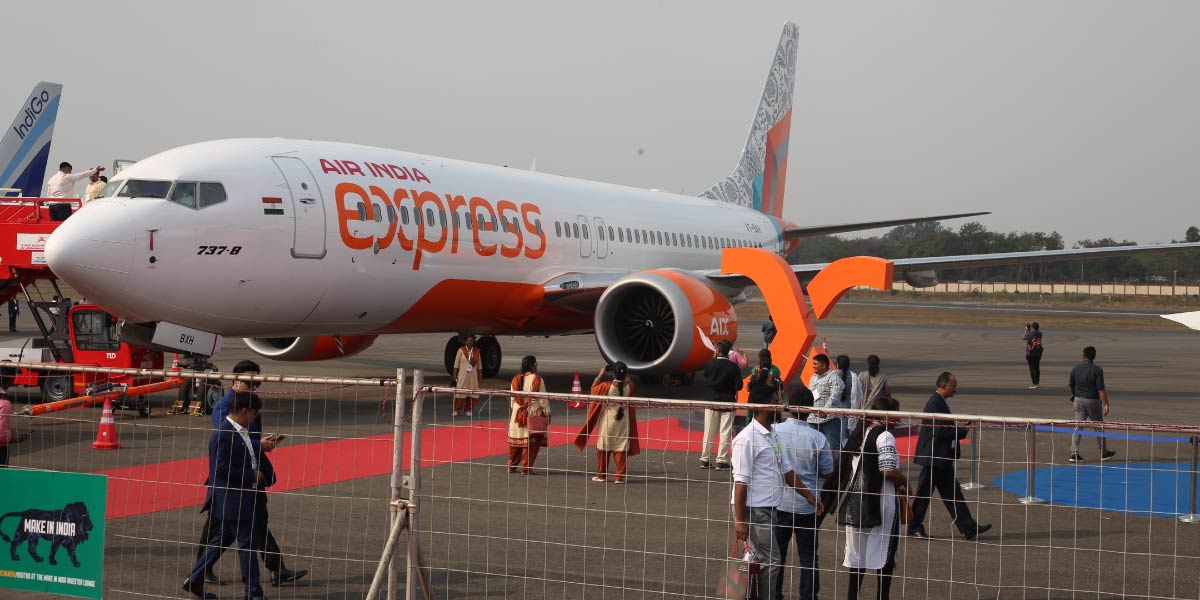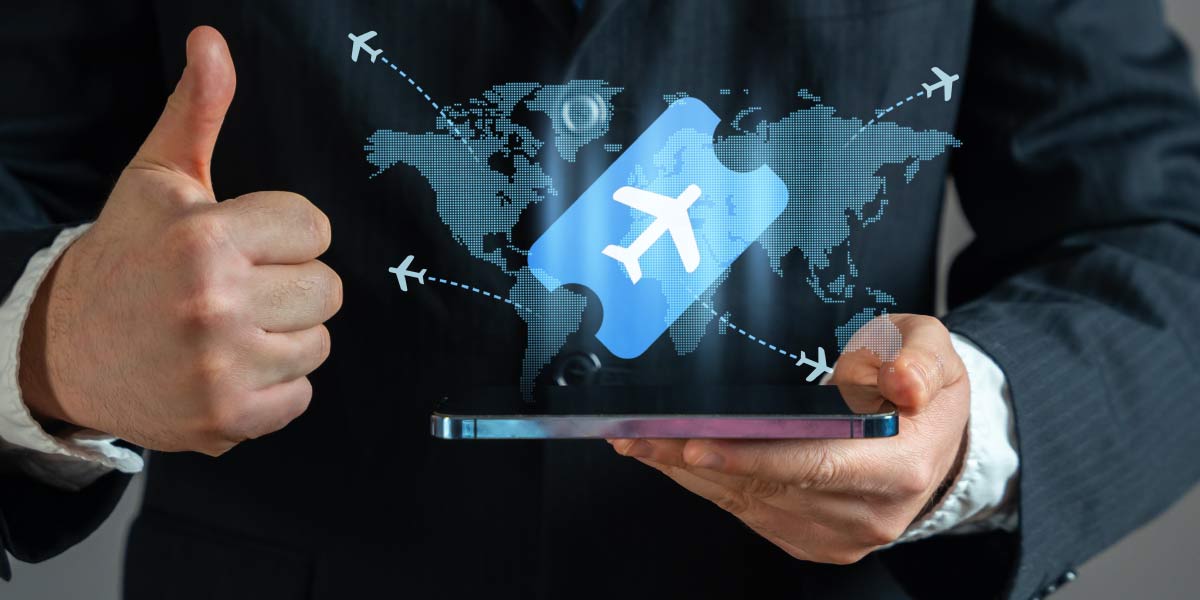About This Vlog
In the current hyperconnected global economy, corporate travel is much more than a simple means of getting from point A to point B; it is a strategic function that varies depending on corporate objectives, productivity, costs, and employee well-being.
This is where the role of the business travel specialist plays an important part. This is a professional whose job is to manage the chaos of travel itineraries into cohesive, inexpensive, and easy travel.
Business travel specialists are changing how businesses interact with travel, affecting businesses, multinational corporations, and scaling startups. This guide details the importance of business travel experts/specialists, how they differentiate themselves from others, and helpful tips for using their expertise effectively.
What Is A Business Travel Specialist?
An expertise business travel is a trained practitioner who will plan, manage, and improve corporate travel programs. They function as strategic partners who leverage industry knowledge and advanced technology to handle the logistics of travel, policy compliance, and traveler safety.
This professional takes the position of travel management, as their role extends beyond booking travel, unlike the traditional agency model. These travel experts consider the holistic travel program of an organization and how travel aligns with organizational goals such as being cost-effective, sustainable, and duty of care.
The Evolution Of Business Travel Specialists
The role of a business travel specialist has evolved dramatically over the past decade. Previously seen as transactional agents, they now serve as strategic advisors, integrating technology, sustainability, and employee well-being into travel programs.
Key Evolutionary Shifts:
- From Manual To Automated: Early specialists relied on phone calls and faxes; today, they use AI-driven platforms to predict delays and optimize routes in real time.
- Reactive to Proactive: Historically focused on fixing issues like missed flights, modern specialists anticipate disruptions (e.g., weather events) and reroute travelers before problems arise.
- Cost-Centric to Holistic: Past priorities were purely budgetary, but now they balance cost savings with ESG goals, traveler health, and cultural sensitivity.
Expanded Responsibilities:
- Policy Customization: Crafting travel guidelines tailored to company culture (e.g., startups may prioritize flexibility, while enterprises focus on compliance).
- Vendor Relationship Management: Building long-term partnerships with airlines, hotels, and ground transport providers to secure volume-based discounts.
- Crisis Response Planning: Developing protocols for emergencies, from natural disasters to political unrest, including evacuation routes and backup accommodations.
- Traveler Education: Conducting workshops on expense reporting tools, policy updates, and safety best practices.


